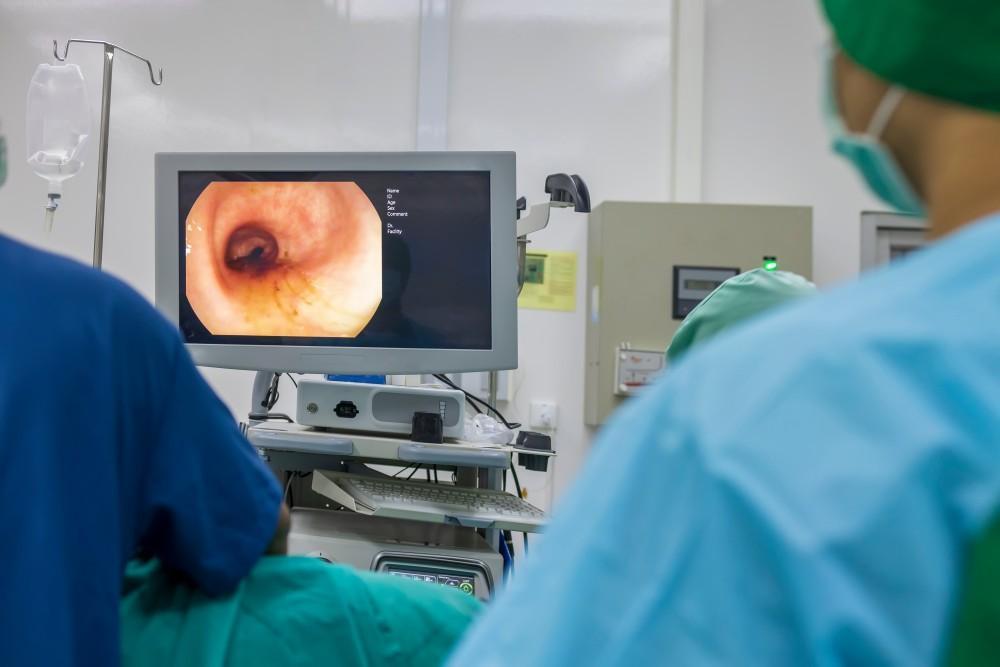
Robotic Surgery: 5 Ways It’s Revolutionizing Colorectal Treatment
When you need surgery for your colorectal condition, you may dread the pain and recovery. But the da Vinci® robotic system has revolutionized surgical treatment. Here’s how robotic surgery can make your treatment and recovery as easy as possible.
Jan 1st, 2026








































































